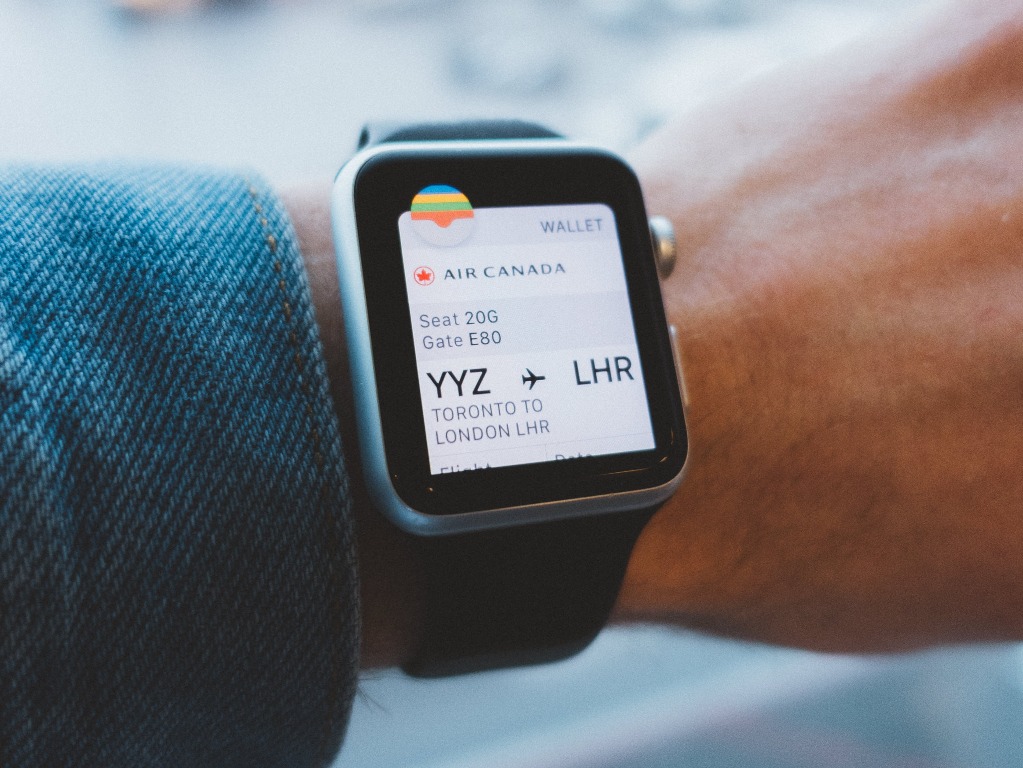Could Canada's policy on mixed vaccines impact travellers?
The Public Health Agency of Canada recently announced updated recommendations from the National Advisory Committee on Immunization on the interchangeability of authorized COVID-19 vaccines. Since June 1, Canadians are able to combine either the AstraZeneca-Oxford, Pfizer-BioNTech or Moderna shots interchangeably in certain situations.
But could this impact travellers arriving in destinations with entry requirements to be fully vaccinated to avoid quarantine? That’s where things are a little muddled with uncertainty as there are no definitive universal guidelines.
Anne Génier, Senior Media Relations Advisor, Communication and Public Affairs Branch Serving Health Canada and the Public Health Agency of Canada with the Government of Canada, told Travel Courier the “interchangeability of vaccines means you could receive one vaccine product for your first dose and a different vaccine product for your second dose to complete your two-dose vaccine series.”
“Getting the same vaccine for the first and second dose or a mixed schedule are both considered valid options, and both will count as a completed series,” Génier continued.
Additionally, at a press briefing on June 9, Health Minister Patty Hajdu was asked which vaccines would be accepted to enter the country as restrictions ease up.
“[As to] which vaccines will be accepted, they are only the vaccines that are approved in Canada and by Health Canada,” Hajdu said. “And so, this would be AstraZeneca, Johnson & Johnson, Pfizer and Moderna, and of course we’ll be assessing other vaccines as we move forward into other phases.”

Although this is the case for Canadians returning to Canada, this matter hasn’t been clearly outlined for arrival policies across international destinations.
As for overseas travel, the European Travel Commission points out that there is not yet a European-wide directive on mixed vaccines.
“Other countries will rely on the health certificate/passport issued by the Canadian government, so most likely what Canada defines as fully vaccinated will fulfill the entry requirements. I’m sure these talks are going on between the Canadian and European authorities right now in the process of the relaunch. Hopefully there will be more clarity on this soon,” the ETC said when asked for clarification.
While there are no official guidelines from the European Medicines Agency on the matter, some EU countries have already permitted the mixing of vaccines and some destinations like Spain don’t have such specific requirements listed for entry.
Mélanie Paul-Hus, Director of Atout France Canada, believes there wouldn’t be an issue for Canadian travellers, noting “if the traveller has been inoculated by one of the four authorized vaccines, and if he or she carries a print out explanation of the vaccination policy approved by Canada, I don’t think there will be any issue.”
It is likely that more clarification will be available ahead of restrictions easing up.
According to the Directorate of Health in Iceland, “if different vaccines are used for the first and second dose, the minimum interval for the first vaccine administered must be observed for the vaccination to be considered complete.”
It’s worth noting that according to the World Health Organization, COVID-19 vaccines with Emergency Use Listings have only been assessed by WHO as single product regimens.

However, WHO “does not support the introduction of requirements for proof of vaccination against COVID-19 for international travellers, whether by national authorities, or by conveyance operators, neither as a condition for exiting or entering a country, nor as a condition for travelling internationally.”
The Bahamas’ updated entry protocols — following WHO and CDC guidelines — outline that to be considered fully vaccinated, travellers must have “the full dose of the same vaccine.”
The Bahamas Government (Ministry of Health) will only be accepting vaccinations by Moderna, Pfizer, Johnson & Johnson and AstraZeneca at this time.
Under the current protocols, if a traveller received a first dose of AstraZeneca and a second dose of Pfizer, they will not be considered fully vaccinated.
However, Paul Strachan, Sr. Director Canada, Bahamas Tourist Office, notes that “the Government of The Bahamas Ministry of Health will continue to evaluate the changing information from both the WHO and the CDC.”
Meanwhile, the Government of Barbados has updated its entry travel protocols re: mixed doses. Effective July 16, 2021, travellers who received mixed vaccine doses, like many Canadians, will be considered fully vaccinated. The doses must be Ministry of Health and Wellness approved vaccines:
• AstraZeneca
• Moderna
• Pfizer-BioNTech
• Johnson & Johnson
At Globus family of brands, which recently announced it was requiring proof of full COVID-19 vaccination to join the company’s upcoming international tours, river cruises and independent vacation packages, managing director Stéphanie Bishop noted that mixed doses would be accepted to meet its pre-trip Health & Safety Protocols.
“The Globus family of brands will accept full COVID-19 vaccinations authorized by official government bodies: This will fall in-line for Canadian travellers,” says Bishop. “Destinations across the globe will also need to accept and approve these Canadian-specific guidelines to allow Canadian travellers to enter.”
Furthermore, a representative of St. Barts confirmed that travellers who can prove they’ve received two doses of the COVID-19 vaccine from the approved list will be able to travel regardless of if it is two different types of vaccines.
“After two successful vaccination campaigns, the majority of our residents are vaccinated and we are ready to reopen our borders and welcome visitors back to St. Barts,” says Nils DuFau, president of the Tourism Committee of St. Barts.
The Caribbean destination started welcoming fully vaccinated U.S. travellers back on June 9.
This is an ongoing story and will be updated as more information becomes available.

















